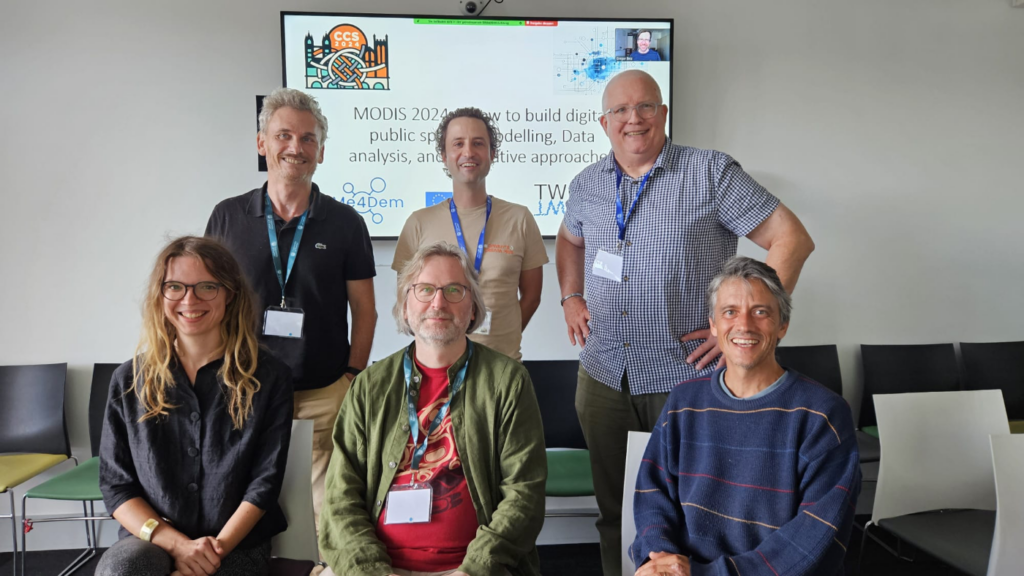Announcing SemGenAge: 1st Workshop on Semantic Generative Agents on the Web at ESWC 2025
We are excited to announce SemGenAge: The 1st Workshop on Semantic Generative Agents on the Web, taking place on June 2, 2025 in Portorož, Slovenia, as an official workshop of the Extended Semantic Web Conference (ESWC 2025).
SemGenAge explores the intersection of Semantic Technologies, Neurosymbolic AI, and Generative Agents, bringing together researchers and practitioners to investigate how intelligent agents can operate on the web in interpretable, controllable, and socially-aware ways.
Whether you are developing the next generation of web agents or studying their impact on digital societies, SemGenAge offers a unique forum for interdisciplinary exchange.
Keynote Speakers
Dr. Matthias Nickles – School of Computer Science, National University of Ireland, Galway
Dr. Denisa Reshef Kera – Senior Lecturer, Bar-Ilan University, Interdisciplinary Studies Unit
📍 Location: Portorož, Slovenia
📅 Date: June 2, 2025
🔗 Hosted at: ESWC 2025 – Extended Semantic Web Conference
Find out all about our workshop program and our speakers here.

